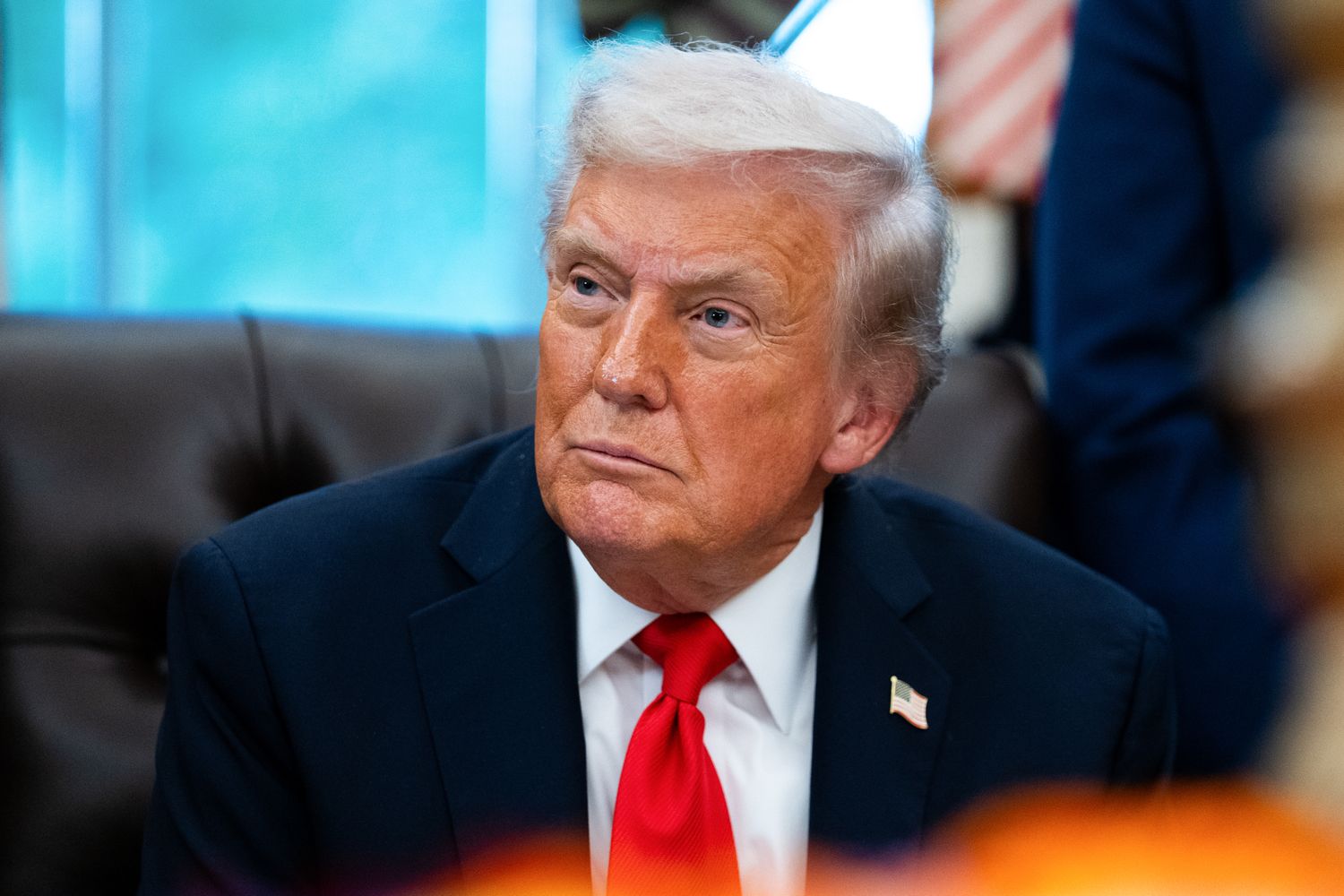Key Takeaways
Shares in quantum computing firms are getting a lift Thursday on reports that the Trump administration is in discussions to take equity stakes in them in exchange for federal funding.IonQ, Rigetti, D-Wave Quantum, and Quantum Computing are among the companies said to be involved in the talks.
A new White House trade is here.
President Donald Trump’s hands-on approach to publicly-traded companies—sometimes called “state capitalism” or “national capitalism” now reportedly includes quantum computing firms.
The Wall Street Journal reported that the Trump administration is involved in discussions with a handful of companies, promising them federal funding in exchange for equity stakes given to the Commerce Department. The report sent shares of IonQ (IONQ), Rigetti Computing (RGTI), D-Wave Quantum (QBTS), and Quantum Computing (QUBT) sky-high Thursday. Their stocks were up between 5% and 14%. The Defiance Quantum ETF (QTUM), which holds 80-odd stocks, advanced 2%.
In the meantime, investors awaited further details. The White House, Commerce Department and D-Wave did not respond to Investopedia’s queries in time for publication; IonQ and Quantum Computing said they do not comment on rumor or speculation; a spokesperson from Rigetti said that the company was “continuously engaging with the U.S. government on funding opportunities.”
Why This Matters to Investors
Investors are rushing into cutting-edge technology companies and adjacent suppliers to capture the upside implied by reports of U.S. government involvement. Caution may be warranted, however, with reports still unconfirmed and many of the companies moving today already highly volatile.
Quantum computing, which promises to enable speedier and more complex problem-solving relative to classical computers, is among the latest industries to be anointed as vital for the future. That has contributed to extreme price action in quantum computing computing stocks—even before the Journal’s report.
The Trump government has made investments in publicly traded companies one of its hallmarks, with quantum technology representing a new direction. The administration has taken stakes in chipmakers, rare earths and mineral stocks, as well as manufacturing giant Nippon Steel.
Government intervention in business dealings have garnered both praise and criticism from market observers and policymakers. Trump and Commerce Secretary Howard Lutnick have defended the U.S. government’s taking equity interest in the companies that receive financial support, and supporters say they’re addressing a need for direct involvement in vital industries.
After the U.S. took a 10% stake in chipmaker Intel (INTC), Lutnick described the deal as being “fair to the American people.” And Trump has used generative image technology to post a picture of him trading Intel stock inside the White House, showing price gains in shares following his involvement.
But some economists and others have expressed concern that deals like these amount to the government picking winners and losers in a way that runs counter to the national interest and capitalist principles.

